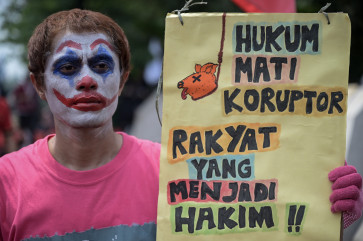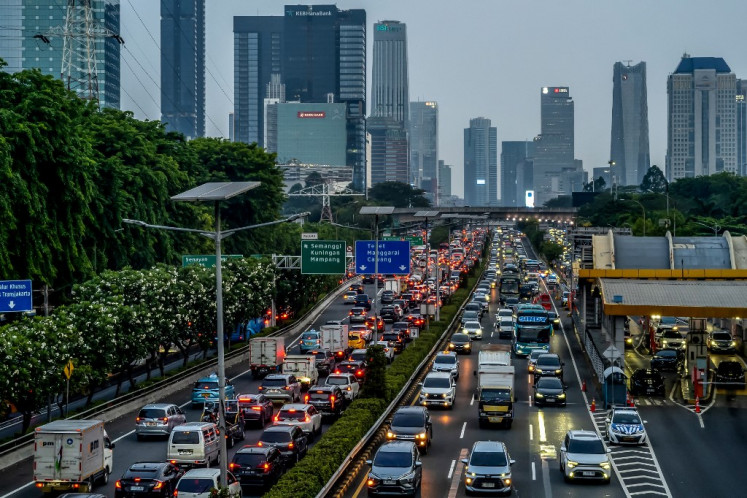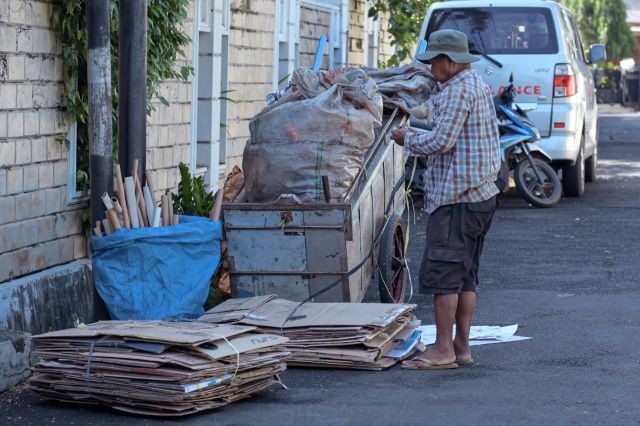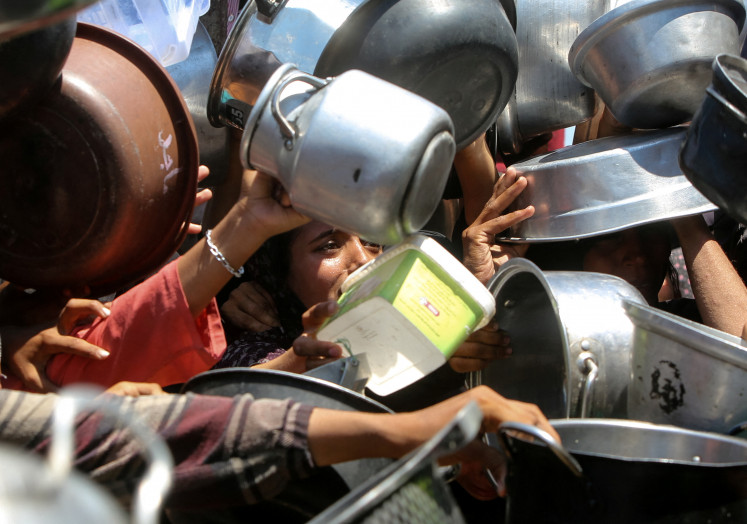Popular Reads
Top Results
Can't find what you're looking for?
View all search resultsPopular Reads
Top Results
Can't find what you're looking for?
View all search resultsDisarmament ‘in danger of stalling’
Asia Pacific’s top figures have urged global policy makers to take serious action on nuclear nonproliferation and disarmament, saying efforts to achieve a free-nuclear-weapon world are “in danger of stalling”
Change text size
Gift Premium Articles
to Anyone
A
sia Pacific’s top figures have urged global policy makers to take serious action on nuclear nonproliferation and disarmament, saying efforts to achieve a free-nuclear-weapon world are “in danger
of stalling”.
The Asia Pacific Leadership Network (APLN), comprising former top politicians from 14 countries in the region, issued a joint statement in Seoul on Monday that they said was an “inaugural step” in a planned ongoing advocacy campaign for nuclear nonproliferation and disarmament.
The statement says that the risks of proliferation are growing, citing Israel, India and Pakistan that have become nuclear armed states outside the Nuclear NonProliferation Treaty (NPT), while those inside the NPT have not been disarming fast enough.
“North Korea has tested weapons in defiance of it [NPT]; should Iran build nuclear weapons others in its region will very likely follow,” the APLN says, adding that there was also the threat of terrorist groups using nuclear weapons.
“We believe that efforts to achieve a world free from the threat of nuclear weapons are at a critical stage, and badly need reenergizing, both globally and regionally,” it added in the statement, a copy of which was sent to The Jakarta Post.
The APLN urged global policy makers to take “serious action”: Including for nuclear armed states to reduce nuclear weapons, advance dialog to curb conflicts in regions that posed a potential for nuclear confrontations, such as South Asia, the Korean Peninsula and the Middle East, and bring into force the Comprehensive Nuclear Test Ban Treaty, which was recently ratified by Indonesia.
The Monday statement was signed by 31 Asia Pacific leaders, including former Australian prime minister Malcolm Fraser, former New Zealand prime ministers James Bolger and Geoffrey Palmer, former Japanese prime minister Yasuo Fukuda and former South Korean prime minister Lee Hong-koo.
Indonesia, meanwhile, is represented by former foreign minister Hassan Wirajuda, former state minister for science and technology Kusmayanto Kadiman and former Indonesian ambassador to Australia Wiryono Sastrohandoyo.
In a widely lauded move, Indonesia ratified last week the Comprehensive Nuclear-Test-Ban Treaty (CTBT), pushing momentum for stronger nuclear nonproliferation and disarmament in the region.
The international community quickly lauded Indonesia, with Japan, Australia, the United Kingdom, Sweden, Russia and the US publicly praising the move as a big push for the creation of more peaceful conditions.
Indonesia is the 156th country to ratify the CTBT. The US, China, Egypt, Israel and Iran previously signed the treaty but have not ratified it, while India, Pakistan and North Korea have refused to sign it.
The CTBT will not come into force unless eight countries ratify it.










